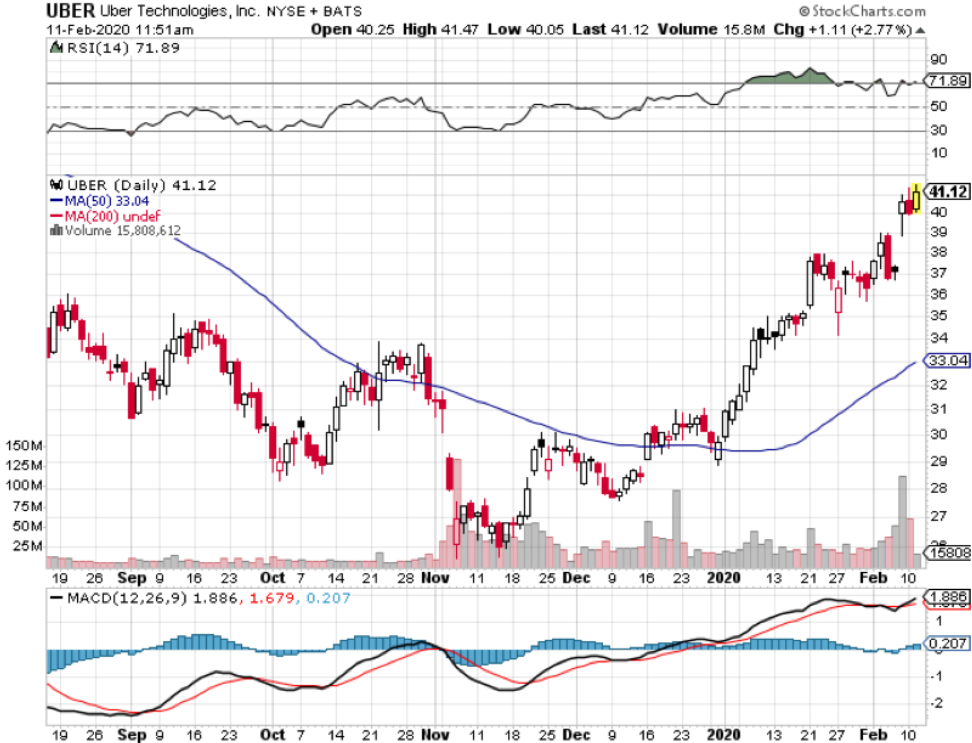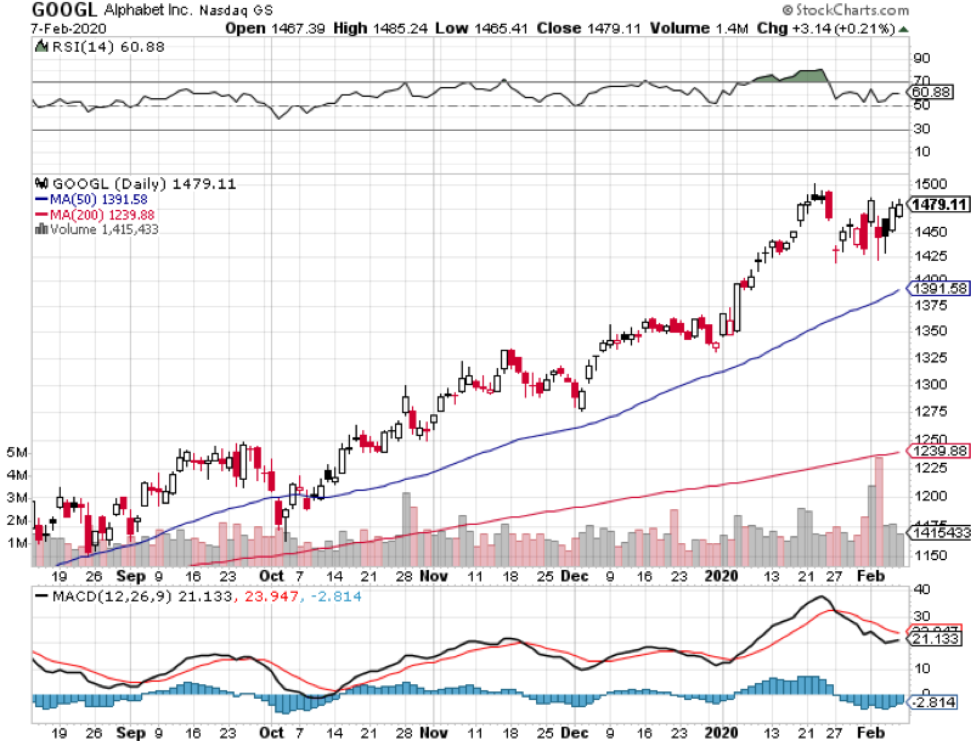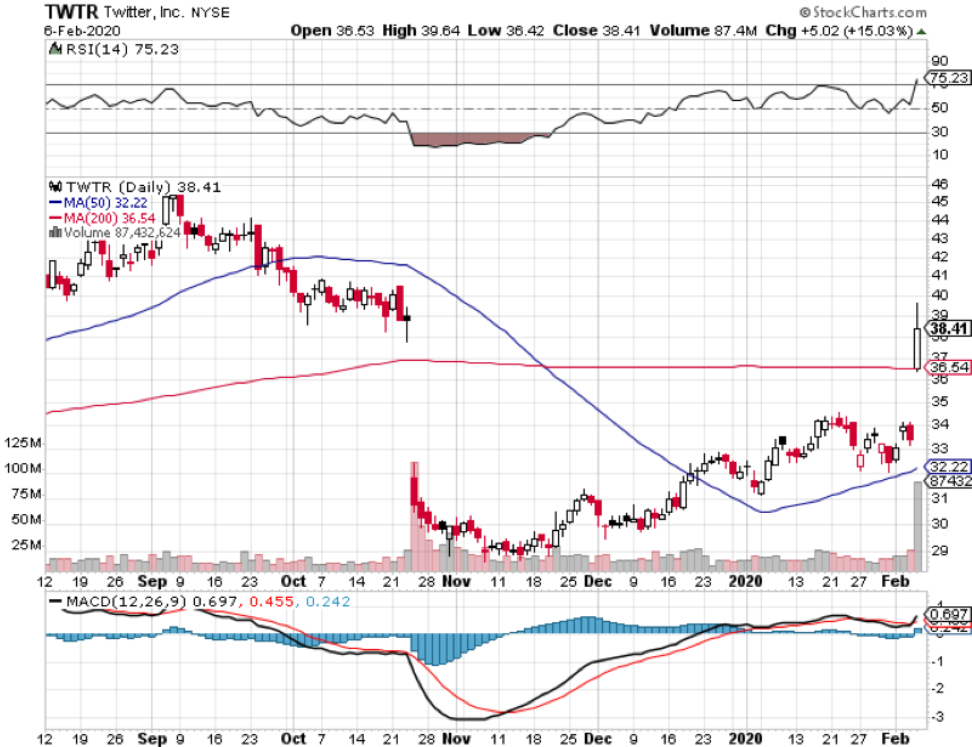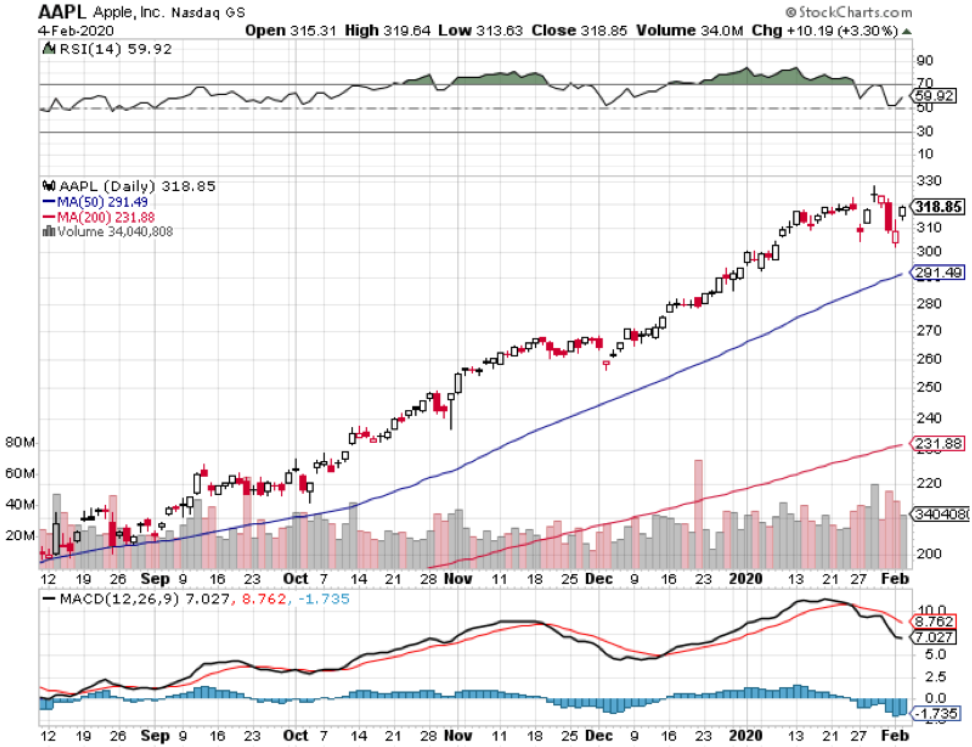Autonomous or bankrupt; that is the ultimate fate of Uber (UBER).
In the short-term, Uber is a master at moving the goalposts in order to breathe life in the stock.
CEO of Uber Dara Khosrowshahi can only pray that the Fed will continue to pump cheap money into the market because without artificially low-interest loans, tech firms like Uber would implode.
Is it really time to give Uber the benefit of the doubt?
No more hype, just profits? Is the calculus to profits legitimate?
That's what we call a bubble. Bubbles always burst. Here's the scary part.
Many people are counting on the continued existence of Uber and Lyft to provide "cheap transportation."
Commuters will have to get suddenly unused to it.
There are many companies today that are running the same scheme as Uber in the “gig economy.”
It’s true that management loves to use a lot of flowery language to disguise a lack of profitability.
But as the conditions are ripe for a leg up in tech, the tide rises, and even Uber’s boat rises with it.
I have yet to see even one realistic analysis of how Uber or Lyft is going to become profitable - not even basic math!
I have met a plethora of drivers for both companies, and hope they do well, but there is only so long that one can put lipstick on a pig.
So here we are, Uber in the green everyday because they moved the goalposts yet again and promise us earlier than expected profitability but still losing billions of dollars.
Lyft and Uber have apparently increased revenues somewhat by reducing promotional discounts to riders, but that does not project to even a breakeven point and the unit economics tell me no even if my heart says yes.
The only trick up their sleeve seems to be fare increases, but where is the roadmap detailing this treacherous path?
Once we get to the point in time when Uber is supposed to be profitable, I bet that management will call in another trick play and move the goal posts yet again.
It is quite laughable when so called “tech experts” want Uber to join the ranks of Facebook Inc. (FB), Amazon.com Inc. (AMZN), Netflix Inc. (NFLX), and Alphabet Inc.’s Google (GOOGL) as part of a FANGU acronym.
Reasons for this new bundle is thought to be because of the ability to take advantage of its massive scale while working toward profitability.
Uber is the global ridesharing leader and is becoming the global food delivery leader, but do they really add value?
What if the local government finally got their finger out and built a proper transport system?
They are merely taking advantage of a broken system and passing on the costs of paying drivers to the drivers themselves by designating them as hourly workers.
Are we supposed to celebrate when Uber becomes more “rational?”
Meaning that players have limited their attempts to undercut one another with the sorts of pricing and big discounts that had at one time suggested the business might be a race to the bottom.
Uber projected a lower loss than analysts were expecting for 2020, does less loss mean profits in 2020?
And I do agree that it is encouraging that the company is finally disclosing more data, but shouldn’t they be doing that in the first place?
Love it or hate it, there is a “war” going on between profitability and growth at Uber as the company manages the trade-offs.
Uber had previously talked up that it would become Ebitda profitability by the end of 2021, but Khosrowshahi now forecasts profitability for the fourth quarter of this year.
He says it is possible because Uber initiated a “belt-tightening program” in the last half of 2019, exiting unprofitable ventures and laying off about 1,000 employees.
For instance, Uber sold its food-delivery business in India to a local startup, Zomato, in return for a 9.9% stake in that company.
I do believe that they haven’t done enough to build credibility with investors and the stock’s price action is behaving as we should trust Uber’s management with whatever comes out of their mouths.
The lack of visibility and uncertainty around trends in ridesharing and Eats outside the U.S. continue to be hard to quantify.
So that sounds great! Uber is more serious than ever about becoming profitable and investors have backed them up with the stock flying to the moon.
The trend is your friend and I would suggest readers to get out of the way of this one because you could get trampled on just like the Tesla bears.
And I do support Uber in making steps in the right direction and it also can be said that stocks appreciate the fastest when they transform from a horrible company to a less horrible company.
But there is no way that I am giving Khosrowshahi a pass for Uber’s current situation and no chance I am praising him to the hills.
It is what it is, and Uber is less bad than before, and if they don’t meet their targets, I don’t think investors will believe Khosrowshahi version of a spin doctor forecast anymore.
Uber will rise in the foreseeable future and if they fail to become profitable by 4th quarter, expect a massive drawdown.
If they succeed, expect a vigorous wave of new players to buy into Uber shares.
The stakes have never been higher for Uber and Khosrowshahi.














